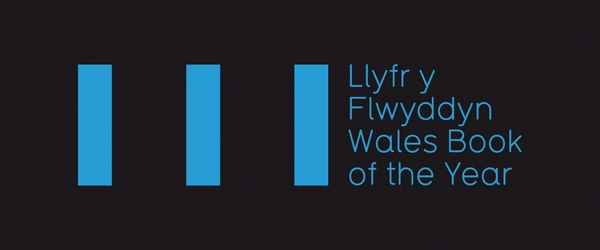 As a Welsh company, we are acutely aware of the significance of minority languages in our country. In the UK, Welsh is undeniably the largest of the minority languages, and it has the legislation to back it up: the Welsh Language Measure approved earlier this year has made vital provisions for the official status of the Welsh language in Wales. However, I have been following developments in Scotland lately with interest, specifically the progress being made with the Gaelic language. The Highlands and the Islands have the highest concentrations of Gaelic speakers, but the decline in its use is marked even there. Scottish officials are now looking to implement initiatives similar to those used here in Wales in order to stimulate use of the language and halt this decline. A recent survey showed that about two thirds of Scots believe Gaelic should be more widely promoted and over three quarters believe that Gaelic language traditions should be maintained.
As a Welsh company, we are acutely aware of the significance of minority languages in our country. In the UK, Welsh is undeniably the largest of the minority languages, and it has the legislation to back it up: the Welsh Language Measure approved earlier this year has made vital provisions for the official status of the Welsh language in Wales. However, I have been following developments in Scotland lately with interest, specifically the progress being made with the Gaelic language. The Highlands and the Islands have the highest concentrations of Gaelic speakers, but the decline in its use is marked even there. Scottish officials are now looking to implement initiatives similar to those used here in Wales in order to stimulate use of the language and halt this decline. A recent survey showed that about two thirds of Scots believe Gaelic should be more widely promoted and over three quarters believe that Gaelic language traditions should be maintained.
Lately, businesses are increasingly using Scottish Gaelic in their marketing and signage, meaning many more people are exposed to the language on a daily basis. The driving factor behind this development appears to be that companies feel the use of Gaelic gives them a promotional boost. It is undoubtedly pertinent, too, that a scheme has recently been put in place to help fund bilingual signs for private businesses and community organisations.
This coincides with the launch of new Gaelic language qualifications for adults via the Scottish Qualifications Authority (SQA). A recent survey has shown that the majority of Scottish people are exposed to Gaelic via television and other media, as opposed to through education. BBC Alba, Scotland’s equivalent of S4C in Wales, launched in 2008 and has proved very popular whilst making a very positive contribution to the promotion of Gaelic. Long may that continue.

